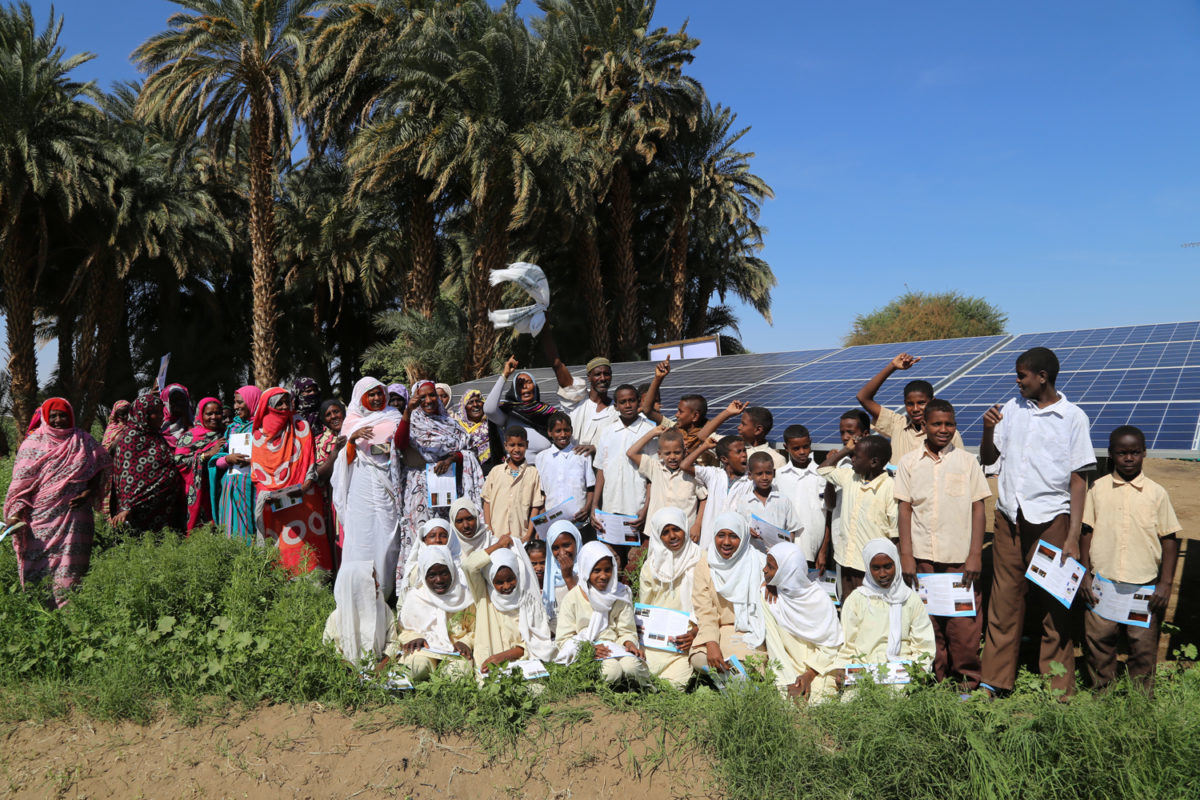The United Nations Food and Agriculture Organization (FAO) outlines the potential for solar powered irrigations to provide a reliable energy source for farmers and reduce both costs and emissions associated with agriculture.
FAO also notes the need for innovative financing models to make such systems available to farmers in developing regions, and warns that without proper management and regulation widespread use of solar powered irrigation could lead to unsustainable water use and over extraction of ground water.
“The rapid expansion of more affordable solar-powered irrigation offers viable solutions that span the water-energy-food nexus, providing a great opportunity for small-holders to improve their livelihoods, economic prosperity and food security,” said FAO Deputy Director-General Helena Semedo.
The report; ‘The Benefits and Risks of Solar Powered Irrigation – a global overview’ was presented at the Internation Forum on Solar Technologies for Small-scale agriculture and water management, held earlier this week in Rome. FAO also worked with Germany’s Society for International Cooperation (GIZ) to develop an online toolbox to provide guidance for users, policy makers and financiers interested in the technology.
The report’s key recommendation for greater use of solar powered irrigation is that no water should be withdrawn without and appropriate water management plan in place.
“The opportunity cheaper solar energy offers also increases the urgency of making sure appropriate water management and governance systems are in place,” said Eduardo Mansur, Director of FAO’s Land and Water Division. “We need to think strategically about how this technology can be used to encourage more sustainable use of groundwater resources to avoid risks such as wasteful water-use and over-abstraction of groundwater.”
FAO notes that rates of irrigation are particularly low in Sub Saharan Africa and Latin America, and that effective irrigation could boost agricultural productivity. The report also states that powering irrigation through solar reduces greenhouse gas emissions by more than 95% compared to fossil fuel alternatives.
A further benefit of solar irrigation systems is that excess electricity not needed for pumping can be used elsewhere, allowing farmers to run other equipment or in some cases pooling and selling surplus energy into the regional grid.
The report goes on to warn that the opportunity provided by solar powered irrigation systems could lead farmers to expand operations or switch to more water intensive crops, and gives the example of India’s aquifers – around 30% of which are considered critically low – as a warning.
Suggested approaches to regulating this include controller devices which could monitor water levels and pump speeds and remotely prevent excessive water consumption, or to use satellite thermal imagery data to set water prices.
This content is protected by copyright and may not be reused. If you want to cooperate with us and would like to reuse some of our content, please contact: editors@pv-magazine.com.









By submitting this form you agree to pv magazine using your data for the purposes of publishing your comment.
Your personal data will only be disclosed or otherwise transmitted to third parties for the purposes of spam filtering or if this is necessary for technical maintenance of the website. Any other transfer to third parties will not take place unless this is justified on the basis of applicable data protection regulations or if pv magazine is legally obliged to do so.
You may revoke this consent at any time with effect for the future, in which case your personal data will be deleted immediately. Otherwise, your data will be deleted if pv magazine has processed your request or the purpose of data storage is fulfilled.
Further information on data privacy can be found in our Data Protection Policy.